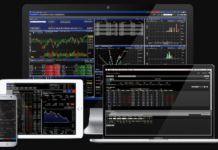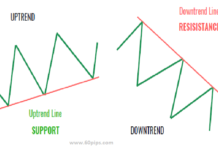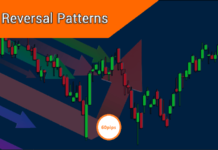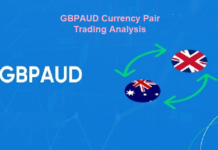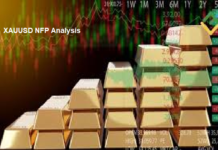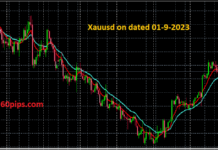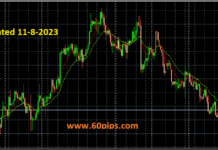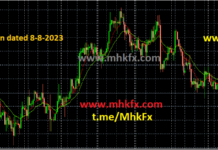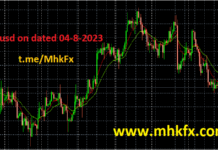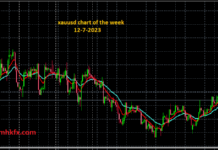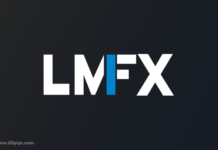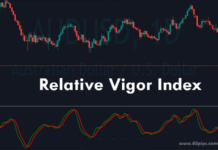
Trading account fund management is a critical aspect of success in the world of financial markets. It involves the careful allocation and utilization of capital for trading various assets like stocks, currencies, commodities, or cryptocurrencies. The first step in this process is defining clear trading goals, whether it’s capital preservation, income generation, or capital growth. Once these objectives are established, traders must assess their risk tolerance to determine the level of risk they are willing to take on. This evaluation forms the foundation for constructing a well-rounded trading plan.
Effective trading account fund management goes beyond just making trades; it’s about minimizing risks and maximizing returns. Risk management is a key component, encompassing techniques like position sizing, stop-loss orders, and portfolio diversification. By allocating capital sensibly and using proper risk mitigation strategies, traders can protect their investments from substantial losses.
Consistency and discipline are the cornerstones of successful fund management. Traders should adhere to their trading plans, avoid impulsive decisions, and continuously learn and adapt to changing market conditions. Whether one is a novice or an experienced trader, the principles of trading account fund management are essential for achieving financial goals and navigating the complexities of the financial markets.
Forex fund management is the process of managing a pool of forex funds on behalf of investors. The aim of forex fund management is to maximize returns while minimizing risk. Forex fund managers use a variety of strategies to achieve these goals, including fundamental analysis, technical analysis, and trend trading.
Forex fund managers are responsible for choosing the right investment vehicles and strategies for their clients’ portfolios. They must also stay up-to-date on market conditions and news that could impact currency prices. Managing a forex portfolio can be risky, so it is important for managers to have experience and expertise in this field.
There are many different types of forex funds available for investors, including managed accounts, mutual funds, exchange traded funds (ETFs), hedge funds, and private equity firms. It is important for investors to do their research before selecting a manager to trust with their money.
There are many reputable firms that offer forex fund management services; however, there are also some scams out there so caution should be exercised when making any decisions about investing in this market.
Related Post:
PAMM Accounts : A Revolutionary Way to Invest in Forex Trading
Broker Review : IC Markets

